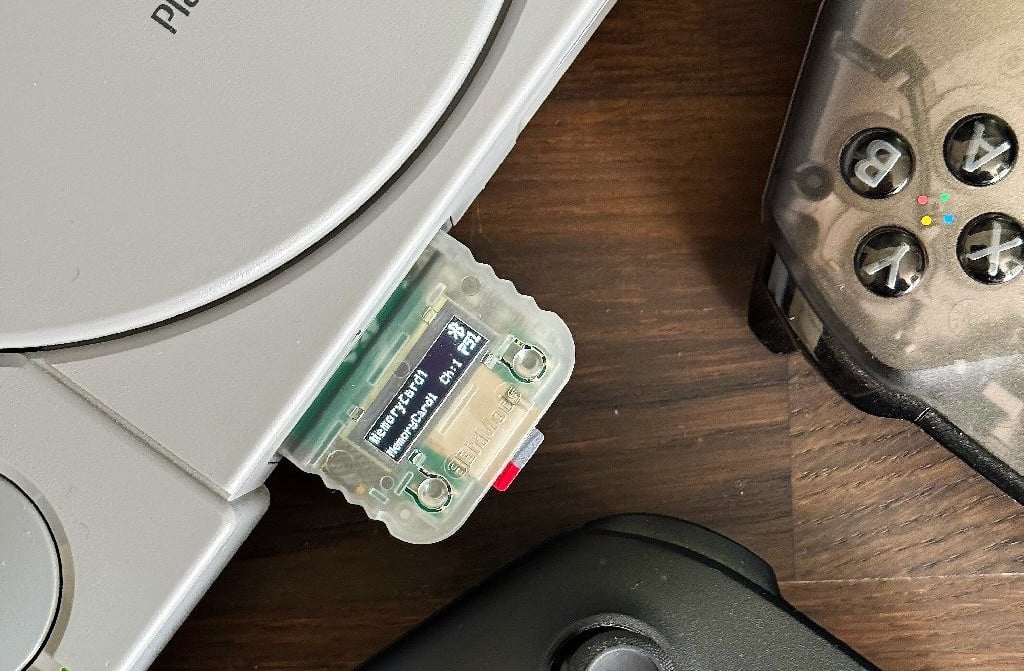From Pixels to Planes: How Retro Gaming Set the Stage for Aviator’s Soaring Success
Oh, the days of gaming in the past. Have you ever sat cross-legged on the ground with a controller in hand while attempting to complete an unbeatable Tetris or Super Mario Bros. level? The games were easy, addictive, and made to put your reflexes and judgment to the test in real time. In the modern day, gaming has changed in ways that were unthinkable in the past. The catch is that some of the most well-liked games available today have strong roots in the gameplay of those old-school favorites.
Take Aviator, for example, the high-flying crash game that has taken the online casino world by storm. It may not initially appear to share any similarities with the pixelated adventures of the past. But if you dig a little further, you’ll discover that its appeal stems from the same fundamental components that made vintage arcade and console games so enduring.
Simplicity and Its Beauty
In the early days of gaming, you could play a game without hours of grinding, intricate mechanics, or lengthy tutorials. The objective was obvious, the gameplay was simple, and every second felt thrilling, whether you were avoiding barrels in Donkey Kong or swallowing pellets in Pac-Man. This same idea is used by Aviator.
The idea is quite straightforward. The multiplier rises when a plane takes off and ascends. Your chances of winning increase with the length of time you spend there. However, you lose your wager if you hesitate too long and the jet crashes. Like vintage arcade games, which require players to continually balance risk and reward, it’s a test of nerves, reflexes, and smart decision-making.
Aviator’s rapid success can be attributed in large part to its simplicity. In the past two years, crash games have become more and more popular, with Aviator leading the way, according to industry figures. The difficulty of timing keeps seasoned players interested, while the game’s accessibility—both in terms of comprehension and play—allows novice players to get started quickly.
The Thrill of Risk and Reward
The basic idea behind old-school games was that if you were lucky, you might win a lot of money. Consider it. You could either hold out, stack your blocks high, and wait for the ideal long piece to achieve a large Tetris score, or you could play it safe and clear lines steadily. Like choosing when to pay out in Aviator, it was a gamble.
Players are kept on the edge of their seats by this kind of gameplay. According to research, risky, fast-paced games increase player engagement by activating the brain’s reward system. This is one of the reasons why millions of gamers keep coming back to play casino games like Aviator. The excitement of making the right judgment at the right time is more important than simply generating money.
The Evolution of Online Betting and Casino Games
Technology and gaming have always developed together, and nowhere is this more evident than in the realm of online casinos and betting. Slot machines and classic card games dominated the early days of online casinos. However, developers created new, inventive experiences like Aviator in response to gamers’ need for more excitement.
The gaming experience is now much more alluring thanks to the abundance of bonuses and promotions offered by online casinos. For instance, players may increase their playtime and winnings by taking advantage of a variety of offers when playing Aviator, including cashback offers, deposit bonuses, and free bets. It seamlessly combines the risk-reward elements of vintage video games with contemporary casino gaming, creating an experience that is as exhilarating as any vintage arcade game.
The Social Connection That Never Fades
Playing back in the golden age of gaming was about the experience, not only about pushing buttons. Gaming was a shared adventure whether your game was split-screen multiplayer, trading cartridges with pals, or shoulder-to-shoulder with strangers at an arcade cabinet.
Aviator upholds this attitude. Aviator has a live chat tool unlike conventional casino games, which lets users connect, exchange tactics, and celebrate their successes together. You can play alone. It reminds me of that classic sense of being in a crowded arcade and seeing someone go for a high score while the audience applauds.
Social casino games are obviously becoming really popular. Industry studies show that more than 60% of users of online casinos choose games including interactive or community-driven elements. In a time when social media rules, games providing real-time connection seem more interesting and active.
Nostalgia and the Science of Gaming
Aviator feels so familiar also because it appeals to our nostalgia. Studies reveal that nostalgia raises dopamine levels, which makes us more connected to the events we enjoy and happier. That’s why remastered versions of classic games sell millions of copies, why retro gaming consoles keep making comebacks, and why new games that copy ancient mechanics really connect so strongly with players.
Aviator keeps gamers interested without flashy 3D graphics or open-world discovery. Like Space Invaders or Frogger, it depends on a basic yet appealing loop that hooks players in and drives them back for more.
The Numbers Don’t Lie
The numbers speak for themselves if you need more evidence that Aviator is the contemporary development of retro gaming concepts. With over 10 million active players monthly—a figure that keeps rising—the game nowadays is rather popular. Currently available on more than 2,000 gaming platforms, it is among the most often crashed games on the market. For what reason? It provides the same kind of exciting, simple, understandable gameplay that helped to make classic games household names.
The post From Pixels to Planes: How Retro Gaming Set the Stage for Aviator’s Soaring Success appeared first on Old School Gamer Magazine.









